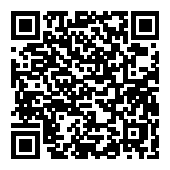Our MPA Students Participated in the Fall Seminar on Public Management and Policy at the Maxwell School of Syracuse University
In September 2018, the MPA programs of five universities in South China (Sun Yat-sen University, Jinan University, South China University of Technology, South China Agricultural University, South China Normal University) organized a joint delegation visit to the Maxwell School of Citizenship and Public Affairs at Syracuse University to participate in its fall seminar on public management and policy, which is a fruit of the friendly negations among the universities, in order to equip the MPA students with a better global vision and comprehensive competitiveness. Our MPA program had handpicked 8 student representatives to join the visiting delegation.
The itinerary was divided into two parts: a one-week study at Syracuse University and on-site visits on the east coast of the United States. During this visit of about half a month, the delegation experienced American MPA education and had direct interactions with local scholars and officials, along with the chance to get a glimpse of the operations of US government agencies and NGOs. The whole journey was quite fruitful.
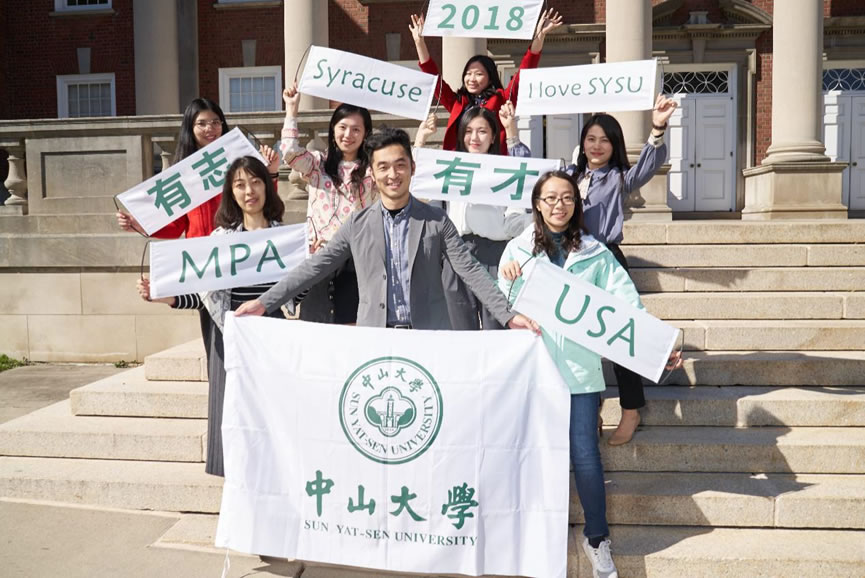
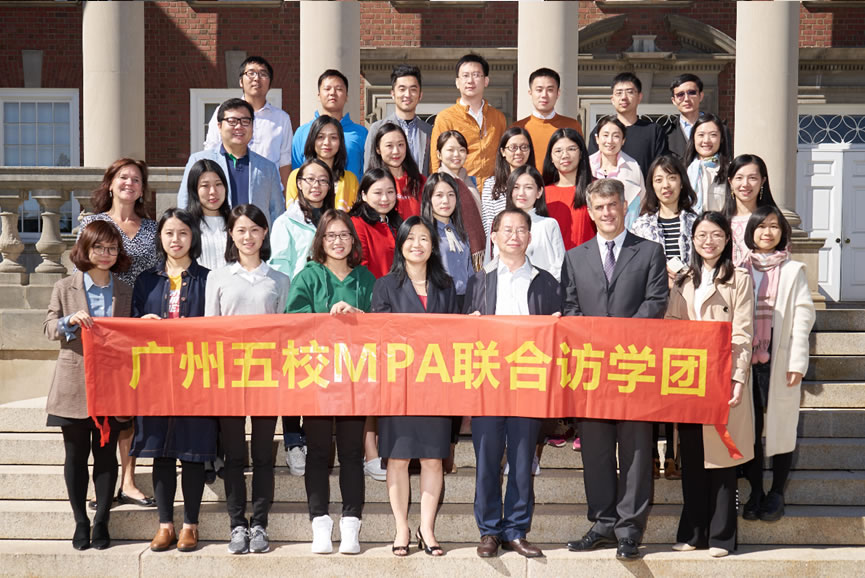
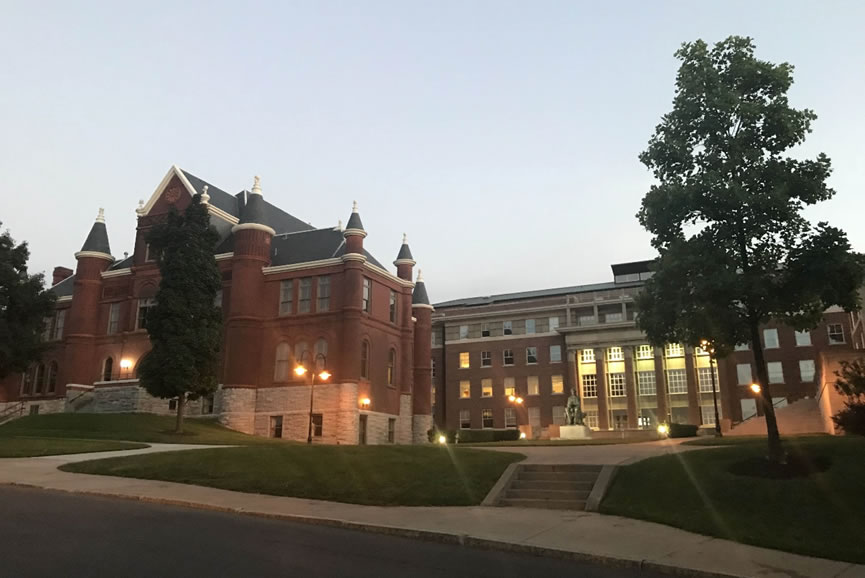
On September 24th, the delegation had the first official class at Syracuse University. After the students' self-introduction, Steven Lux, the Director of Executive Education Programs, and Mr. Chen Xueyi briefed them on the basics of the project.
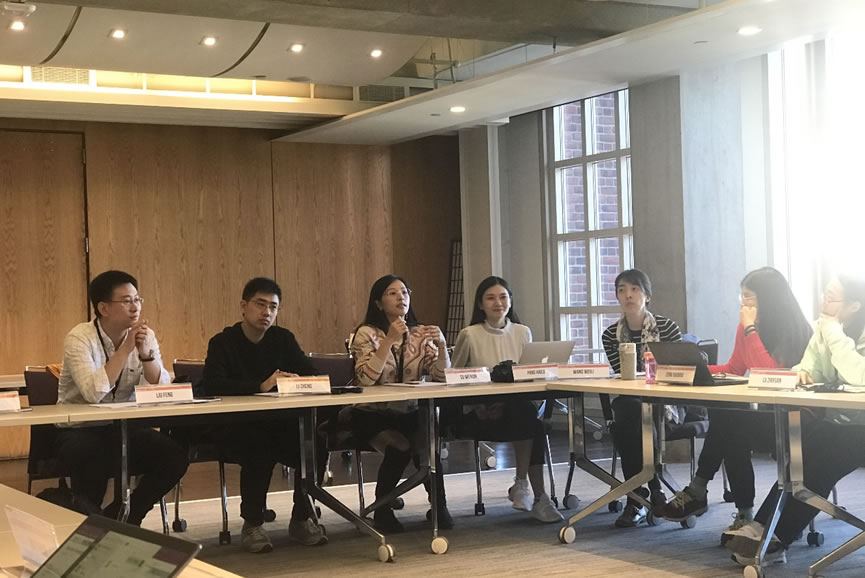
After lunch, Dr. Grant Reeher, professor of political science and director of the Campbell Public Affairs Institute, explained the public policy process in the United States.
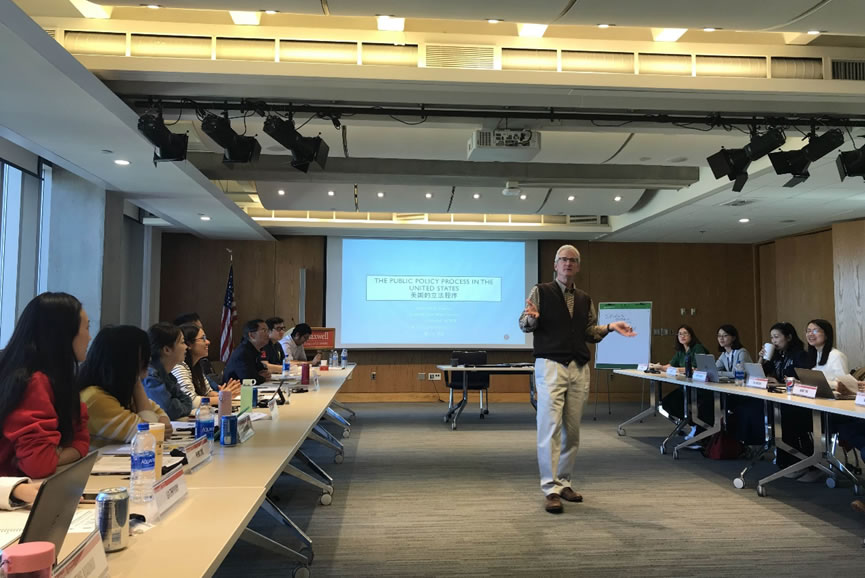
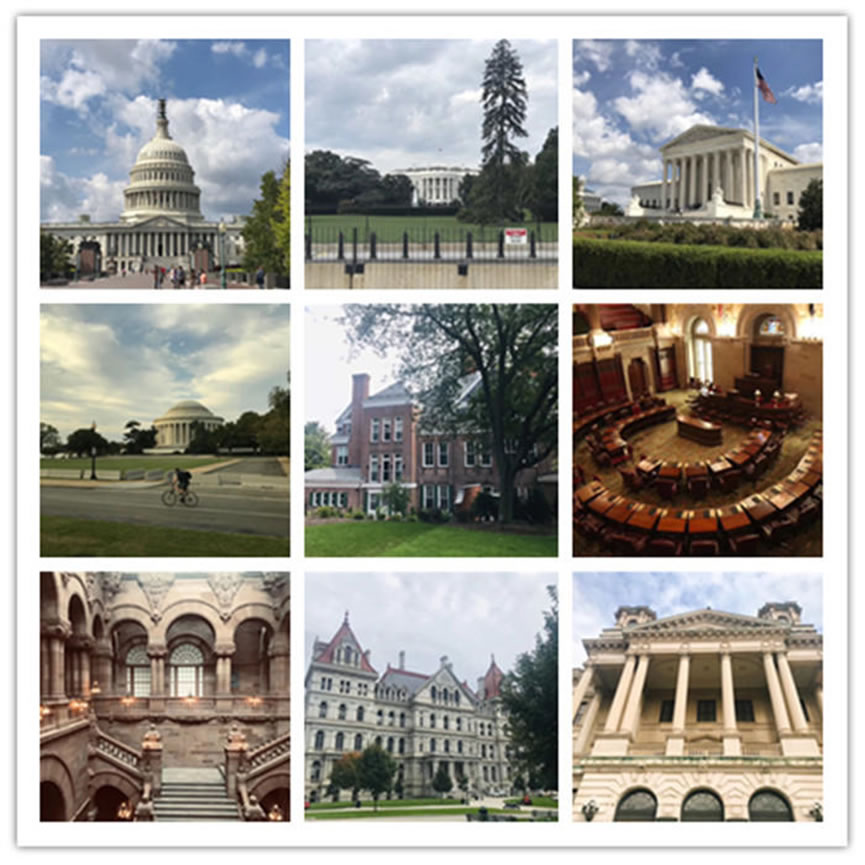
Later in the subsequent on-site visits to the U.S. Capitol, the White House, the Supreme Court, the Governor's Mansion, the State Assembly, the State Government, and the County Government, the delegation had a more immersive experience of the "fragmentation" of the American political system.
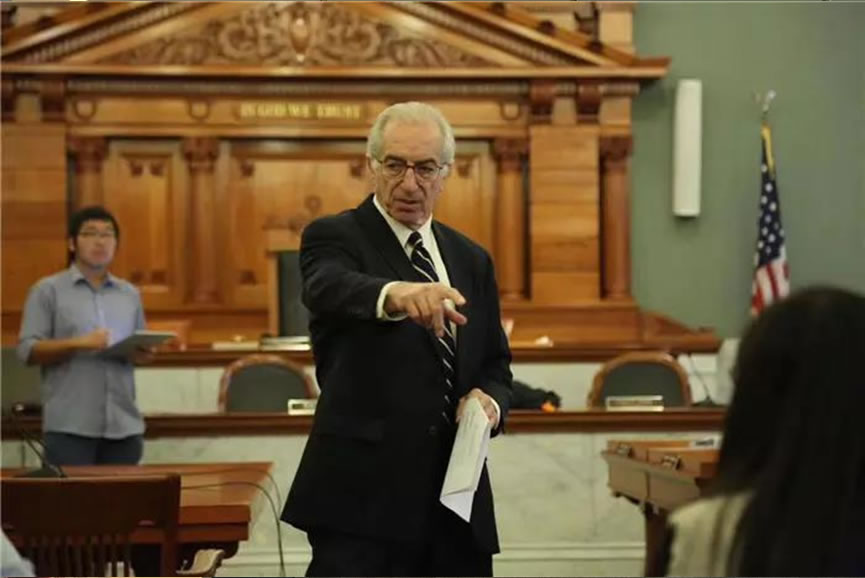
"Aging is such a costly thing!"
On the morning of the 25th, Mr. Steven Lux personally taught a course on NGOs where students had discussion over NGOs. Started from the definition of NGOs, the students reviewed the strengths and weaknesses of NGOs and the 10 characteristics of American NGOs. As both books and actual practices are required to obtain true knowledge, after the discussion the delegation went to a nursing home, Menorah Park, which is eminently different from those in China. Menorah Park provides a whole range of services from simple beds to luxury suites, whose prices range from $3,400 per month to $13,992 per month. Aging is such a costly thing!
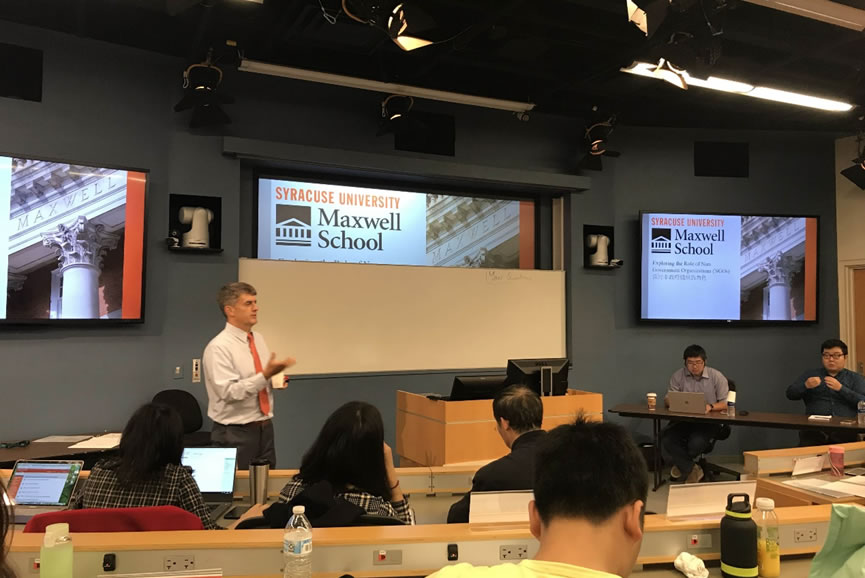
The person in charge of the nursing home was a passionate lady. She showed the students around the entire nursing home, visited all the facilities, and reminded the students that they could not photograph the elderly due to privacy reasons. The most popular question for the Chinese students was why didn’t the elderly live with their families? In estimation, 17 roles are needed for the proper daily care of an elderly: doctor, nurse, social worker, etc. That's why in the American culture, people tend to live in nursing homes when they are old, which would add no extra burden on the younger generation while getting the most appropriate care.
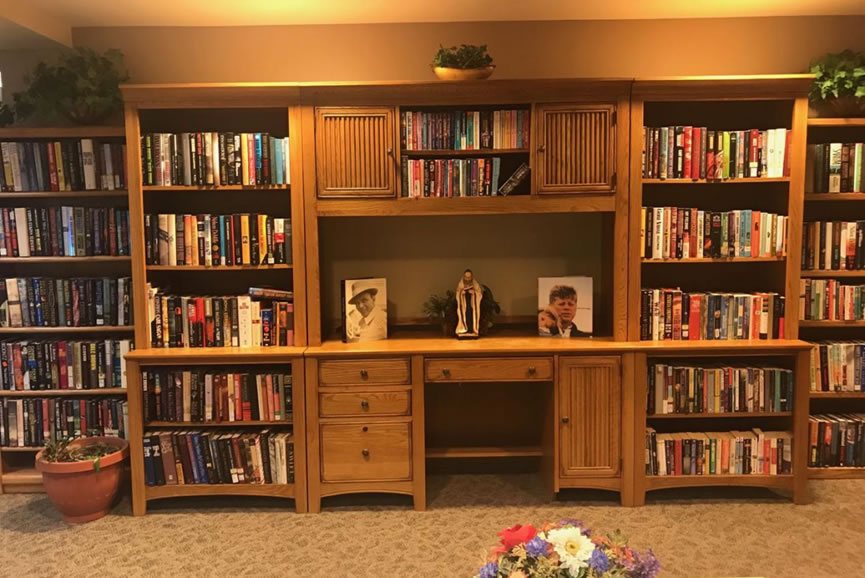
The visit was extraordinarily touching. Aging and death are issues that everyone must face. Everything they saw would happen to them one day, which made them give such a comment: "We have already exhausted ourselves to live meaningfully; now it is even harder to grow old with dignity!"
" We do not provide a conclusion, we only offer you the evidence."
On the 3rd day of the busy trip, September 26th, the delegation analyzed, discussed, and learned from the pollution control of Onondaga Lake. To dive into the case, the study was divided into three sections. First of all, Dr. Richard Smardon, the Distinguished Service Professor Emeritus of the State University of New York College of Environmental Science and Forestry, led the students to get a bird's-eye view of the lake to better understand how the lake was polluted step by step and how people struggled to control it bit by bit. Dr. Richard had personally participated in the pollution control, studied the pollution of Onondaga Lake for more than a decade, and published many related papers and books.
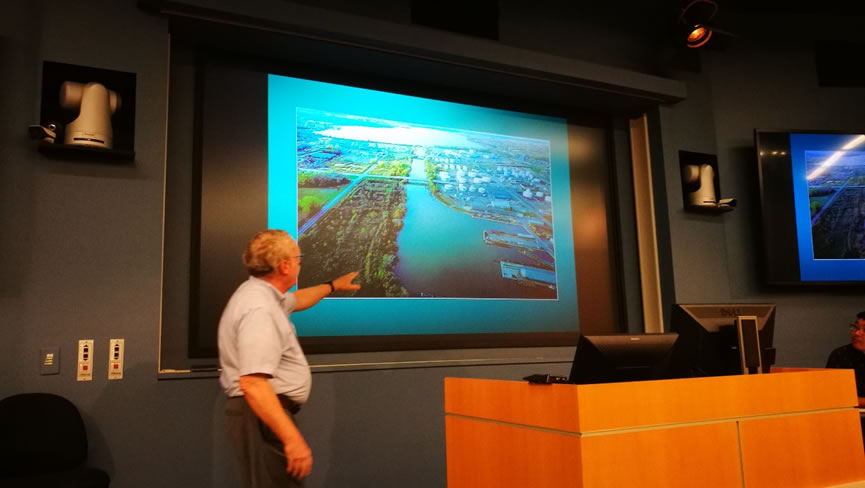
The professor showcased narratives from the three perspectives of scholars, victims, and polluters around the case. He said: "We do not provide a conclusion, we only offer you the evidence."
Then the delegation drove to the Skä•noñh Great Law of Peace Center (a non-profit organization) located on the shore of Onondaga Lake for an on-site visit.
Leaving the Onondaga tribe, the research of the day came to the final part. The delegation visited the Honeywell Visitor Center on the other side of the Onondaga Lake and learned more about the specific details of the lake treatment from the perspective of the private sector.
In the intensive one-day journey, they had carried out the background study, field visits, and comprehensive research on the same subject in multiple dimensions, which rewarded them with more research perspectives and research methods. The students had not only learned about the topic of the day but also laid a better foundation for future studies.
"Look smart" or "be better"
The learning content on day 4 is the civil service code, i.e. civil service ethics and Freedom of Information Law.
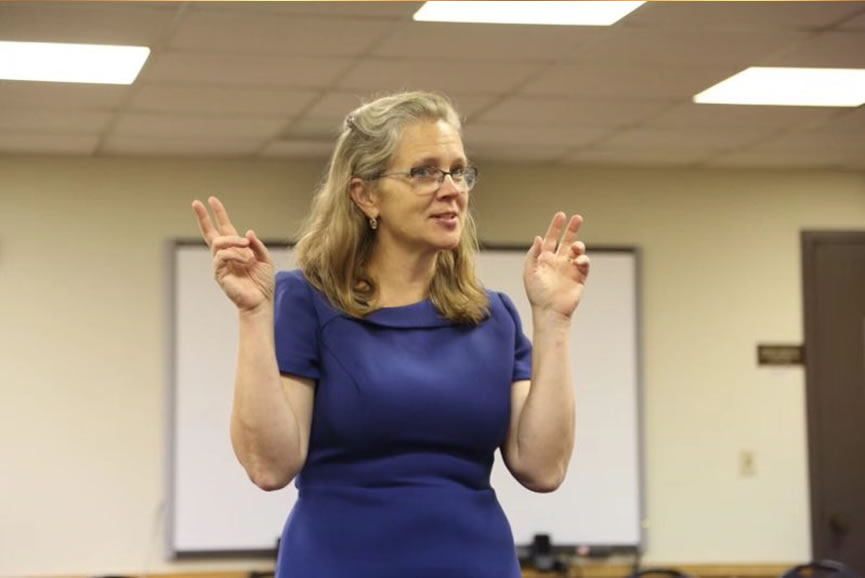
Loads of questions were fired on the lecturer after she had introduced the regulations and cases: Is information disclosure open to everyone (including foreigners)? What is the process for applying for disclosure? How did the 15-dollar gift limit come about? How to start an investigation? ……Overwhelmed by questions, she said: "Your generation surely will make a better world, with all this urge to know and change." She encouraged them not to refrain from raising questions out of the fear that they would "look foolish", as they were not there for making themselves "look smart", but "be better".
The students had also discussed a hospital case in the last class of the day, where they needed to find a way to bring back a dying hospital under four frameworks.
Supreme Court Hearings and NBC's Morning Talk Show
The U.S. Supreme Court is in recess from June until October, and only a limited number of cases will be accepted. Each case is carefully selected only for judicial review, no merits review. This is the very place that has witnessed many historical verdicts. The delegation crossed paths with the troubling nomination event of Brett Kanavaugh, which attracted attention across the U.S. to the Supreme Court. On the hearing day, the Supreme Court hears 2 cases in the morning (each lasts an hour), which are open to the public. The accesses are determined by the queuing number. Mobile phones and even any reading materials are not allowed. Inside the court, the delegation saw the legendary nine Justices posing a series of questions to the lawyers. Some lawyers answered with confidence while some just thought for a while and said, "Frankly I don't know."
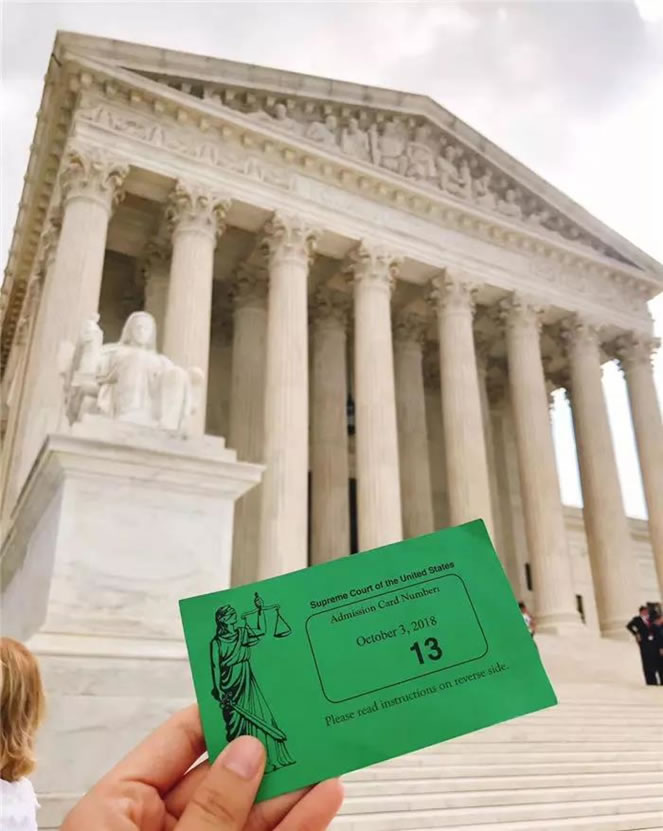
On the same day, the students also had an American talk show experience. One of our students, Ms. Xiaomin, was lucky enough to draw two audience tickets for the show of Megyn Kelly from the Internet!

The journey went beyond the classroom learning and on-site visits and further into the daily lives of the American people, which offered the delegation the true understanding of American public life. Though some events were not included in the schedule, they were nonetheless meaningful practices.
Considerate Services by Syracuse University
The delegation enjoyed meticulous services provided by Syracuse University. The reception persons waiting for the delegation greeted them with prepared thermoses and orientation folders (which included everything one could think of - schedules, campus facilities descriptions, maps of surrounding areas, and reading materials) the moment they arrived. The school uploaded all the learning materials to the Internet so that teachers could update the courseware and reading materials in real-time without sending them repeatedly. Each student was also provided with a campus card, with which they could access most of the school's facilities (like the fitness center, the library, and the school buses).
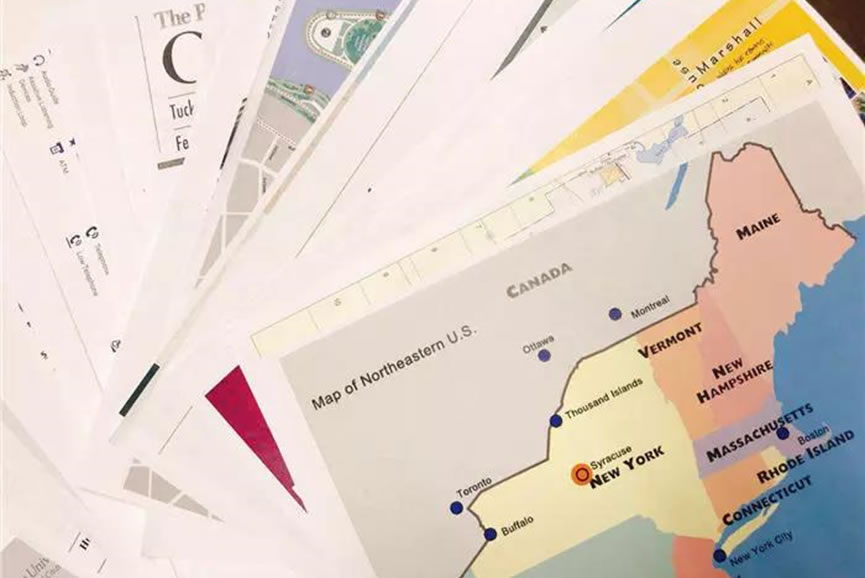
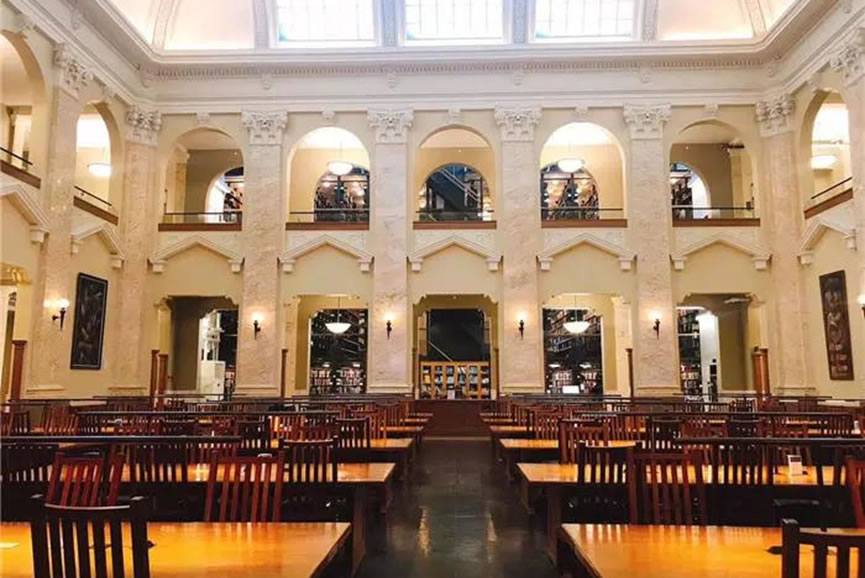
Despite the short term, the school still arranged rich and substantial courses. The students had studied the public policy process in the United States, explored the role of non-governmental organizations, researched environmental pollution control cases, learned about the civil service ethics and Freedom of Information Law of New York State, reviewed American welfare and social poverty policies, and discussed the trend of public sector reform and the influence of leadership. On-site visits included NGOs (Menorah Park), the victims (Onondaga tribe) and the party conducting pollution treatment (Honeywell) in the environmental pollution case, the administrative centers of the local government (Onondaga County House and County Court) and the state government (New York State Assembly and the Governor's Residence). These trips helped them study public management and policy processes in China and the United States from a comparative perspective. Through the courses, the delegation had an in-depth experience of the public management education system in the United States, understood the operation of American government agencies and non-governmental organizations, and more importantly learned the methods of research.
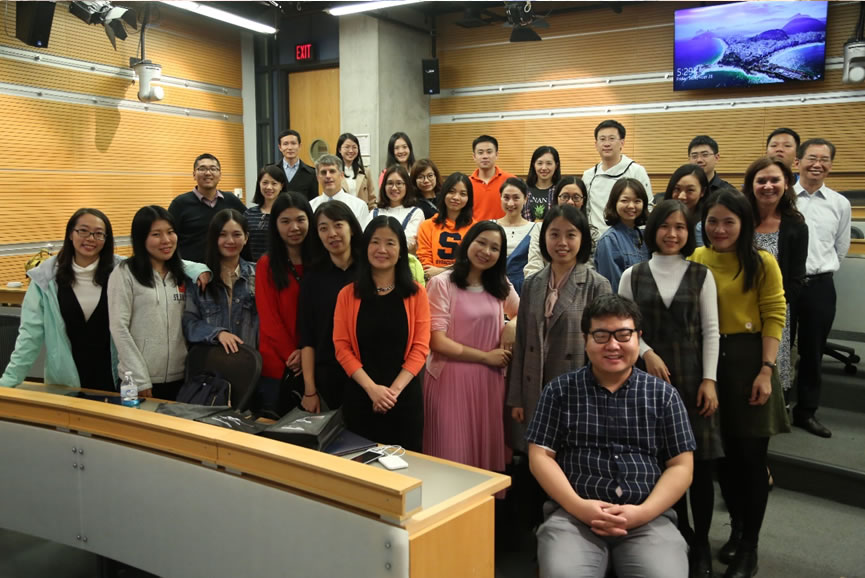
To serve the government, enterprises, and society by "cultivating pioneers of reform and talents of public management", SYSU MPA program has always invested much in international exchange and connecting and cooperating with the government and the public sector. The SYSU MPA program has already served the society with batches of outstanding talents of public management.
The Fall Seminar on Public Management and Policy at the Maxwell School of Citizenship and Public Affairs of Syracuse University is an important attempt to broaden the global vision of MPA students, enhance their professional abilities, and boost international exchanges. The MPA Center will continue to expand international visiting projects in more different regions in the future, which also corresponds to SYSU's plan to be a global first-class university with the first-class disciplines.
【Comments of the Students】
@Su Weixun, MPA Class of 2015
My trip to the United States rewarded me with enthusiasm, ability, and goal of learning, as well as like-minded learning partners. I am so lucky! On the last day of the class, my massage was "Keep learning, the future is yet to come", the very words for myself and my friends.
@Lu Zhiyuan, MPA Class of 2017
The students of the delegation were full of enthusiasm and desire for exploration and knowledge. This trip to Syracuse University gave everyone an overview of the American "Mr. Democracy". The academic exchanges also led to more open thinking and diversified perspectives. We journeyed from books to actual practices and applications.
@Liu Xiaolin, MPA Class of 2016
"Keep asking!" This was the most impressive saying for me during my study at Syracuse University. The courses offered by Syracuse helped us experience and share, and encouraged us to think independently without restrictions. Everyone was like a sponge trying their best to absorb nutrients in the one-week study. Students from the five universities actively spoke and asked questions to explore the multi-facet differences in policies, laws, organizational systems, welfare between China and the United States. We had our ideas exchanged and improved in every course.
@Zeng Xiaohui, MPA Class of 2015
We 8 SYSUers supported and helped each other, and forged a great friendship. I think I will still smile when thinking about this trip after many years.
@Pang Hailu, MPA Class of 2016
"There are no stupid questions." This was a saying that we often heard from teachers during our visit to Syracuse University. In such an environment, we never worried about whether we spoke correctly or raised a profound question. Our desire for learning and knowledge was fully activated.
@Huang Xiaomin, MPA Class of 2014
I really appreciate the Center of MPA Program for this precious opportunity. The 8 of us got to know each other, experienced the campus life in the United States, and paid visits to various institutions. Every day was a new day with new surprises. I had never participated in such a loving group, nor a group that so loved learning. Everyone was fanatically firing questions and enthusiastically helping each other every day. This memory will be treasured forever.
@Wang Weili, MPA Class of 2014
We had learned much new knowledge from the teachers as well as our peers during the one-week study. There is always someone to learn from, especially when we are from the five top universities in South China. I want to thank the teachers who brought us together, thank the SYSU Center for MPA Program, and thank the lovely buddies of the delegation.
